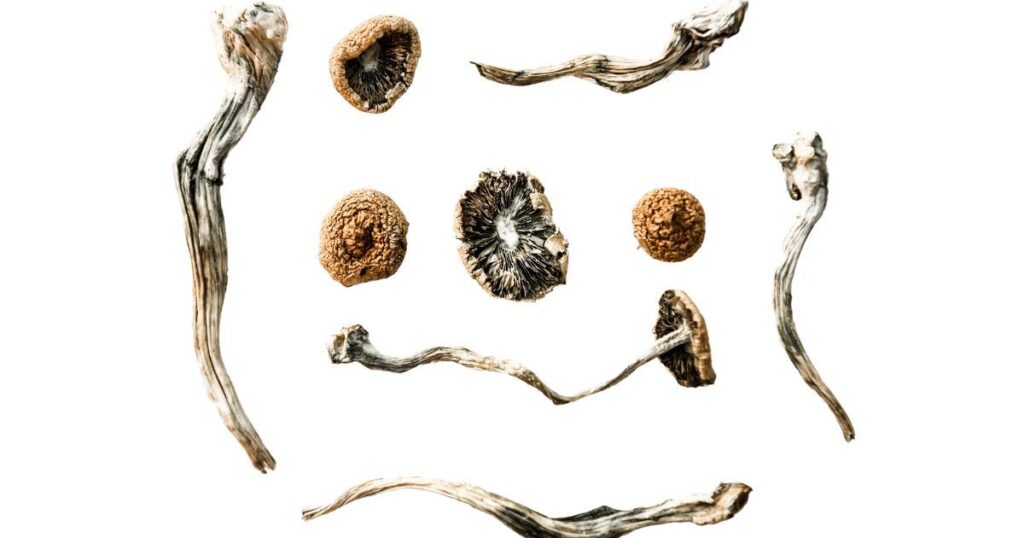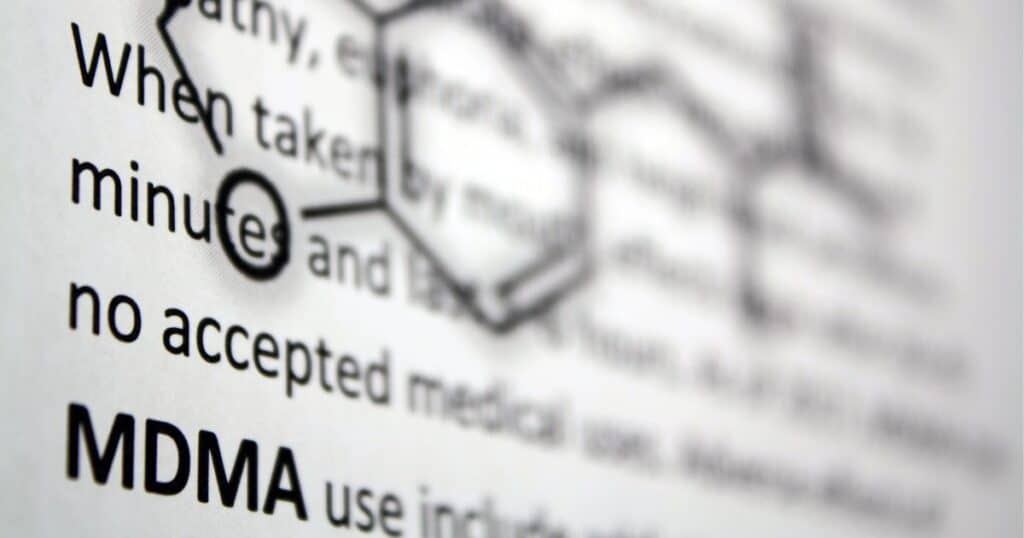The U.S. Food & Drug Administration (FDA) is the regulatory body responsible for ensuring the safety, effectiveness, and security of all drugs and medical treatments available to consumers.
Recently, the FDA has issued a draft guidance for researchers looking into the therapeutic potential of psychedelic drugs, such as psilocybin and lysergic acid diethylamide (LSD). Psychedelics are being evaluated for treating conditions such as depression, post-traumatic stress disorder, substance use disorders, and other conditions.

Psychedelic drugs, such as mood alterations, visual distortions, and hallucinations, induce psychoactive effects on users. While this also presents potential challenges when attempting to study psychedelics scientifically, many believe these drugs could be beneficial in treating certain mental health conditions.
Therefore, the FDA’s draft guidance is intended to provide advice on how researchers can design studies that will yield interpretable results capable of supporting future drug applications.
Announcement from the FDA
The FDA recently issued a draft guidance for researchers looking into the therapeutic potential of psychedelic drugs. The document provides advice and considerations for conducting clinical trials, collecting data, considering subject safety, and meeting new drug application requirements when developing medications that contain psychedelics.
The draft guidance distinguishes between “classic psychedelics,” typically understood to be drugs such as psilocybin and LSD, and “entactogens” or “empathogens,” like MDMA. It outlines basic considerations throughout the drug development process related to trial conduct, data collection, subject safety, and new drug application requirements.
As these drugs are known to produce psychoactive effects such as mood changes and hallucinations, the draft guidance also stresses the importance of putting sufficient safety measures in place to prevent misuse throughout the clinical development process.
“Psychedelic drugs show initial promise as potential treatments for mood, anxiety and substance use disorders. However, these are still investigational products. Sponsors evaluating the therapeutic potential of these drugs should consider their unique characteristics when designing clinical studies,” said Tiffany Farchione, M.D., director of the Division of Psychiatry in the FDA’s Center for Drug Evaluation and Research. “By publishing this draft guidance, the FDA hopes to outline the challenges inherent in designing psychedelic drug development programs and provide information on how to address these challenges. The goal is to help researchers design studies that will yield interpretable results that will be capable of supporting future drug applications.”
The FDA is encouraging the public to provide comments on the draft guidance, which must be submitted within 60 days in order for them to be considered.
Challenges of Researching Psychedelics
Researching psychedelics presents unique challenges due to their psychoactive properties. For example, when conducting a clinical trial involving psychedelics, researchers need to consider how best to manage the psychoactive effects experienced by participants for results to remain interpretable.

Additionally, researchers need to ensure that safety monitoring protocols are adequate and sufficient to minimize any potential risks associated with the drugs.
The FDA’s draft guidance provides advice on how to manage the psychoactive effects of psychedelics during clinical trials and how to monitor safety best. The document also highlights the importance of adequately characterizing dose response and durability of treatment effects when conducting clinical studies involving these drugs.
Evidentiary Standard & Role of Psychotherapy in Researching Psychedelics
In order to establish the effectiveness of psychedelics as a potential treatment, FDA requires clinical evidence from well-designed studies conducted in accordance with Good Clinical Practice (GCP). The draft guidance outlines specific considerations related to study design and endpoints that must be taken into account when designing a research protocol for drugs containing psychedelics.
The draft guidance also emphasizes incorporating psychotherapy into psychedelic drug research. When studying these drugs, it is essential to consider psychotherapy’s role in improving treatment outcomes.
For example, providing individual counseling and therapy sessions before, during, or after an administration of psychedelics could influence how participants respond to the drug and should be evaluated accordingly.
The FDA’s draft guidance for researching psychedelic drugs provides advice on how to design studies that will support future drug applications. The FDA highlights important considerations when conducting clinical trials, collecting data, assessing subject safety, and meeting new drug application requirements.
It also stresses the importance of incorporating psychotherapy into research protocols to better understand how psychedelics can be used in therapeutic settings.
The FDA is encouraging the public to submit feedback on the draft guidance within 60 days. This will provide valuable insight into further refining research standards and guidelines for studying psychedelic drugs so that their potential therapeutic uses can be fully explored.
Enjoyed that first hit? Come chill with us every week at the Friday Sesh for a freshly packed bowl of the week’s best cannabis news!





















